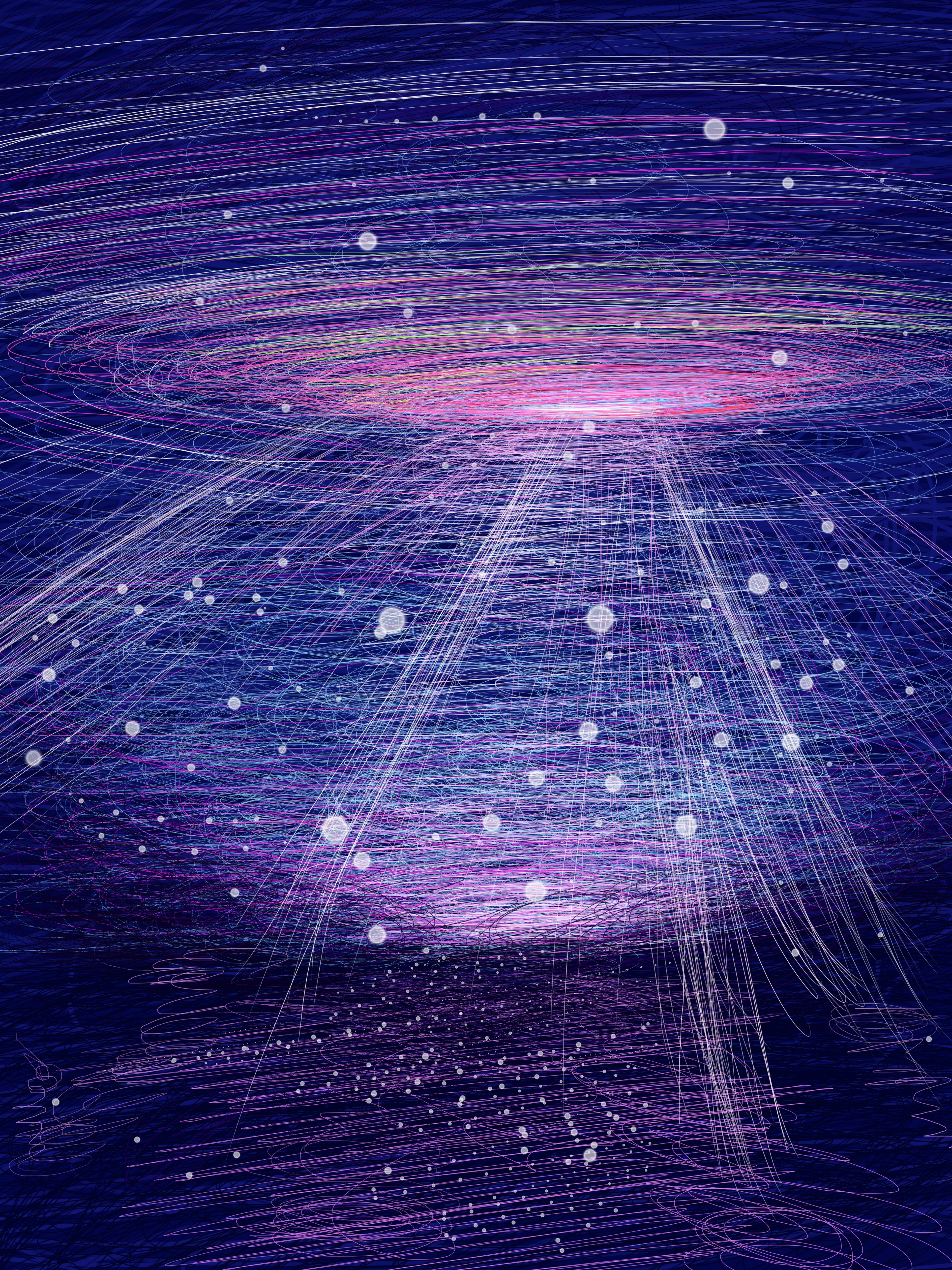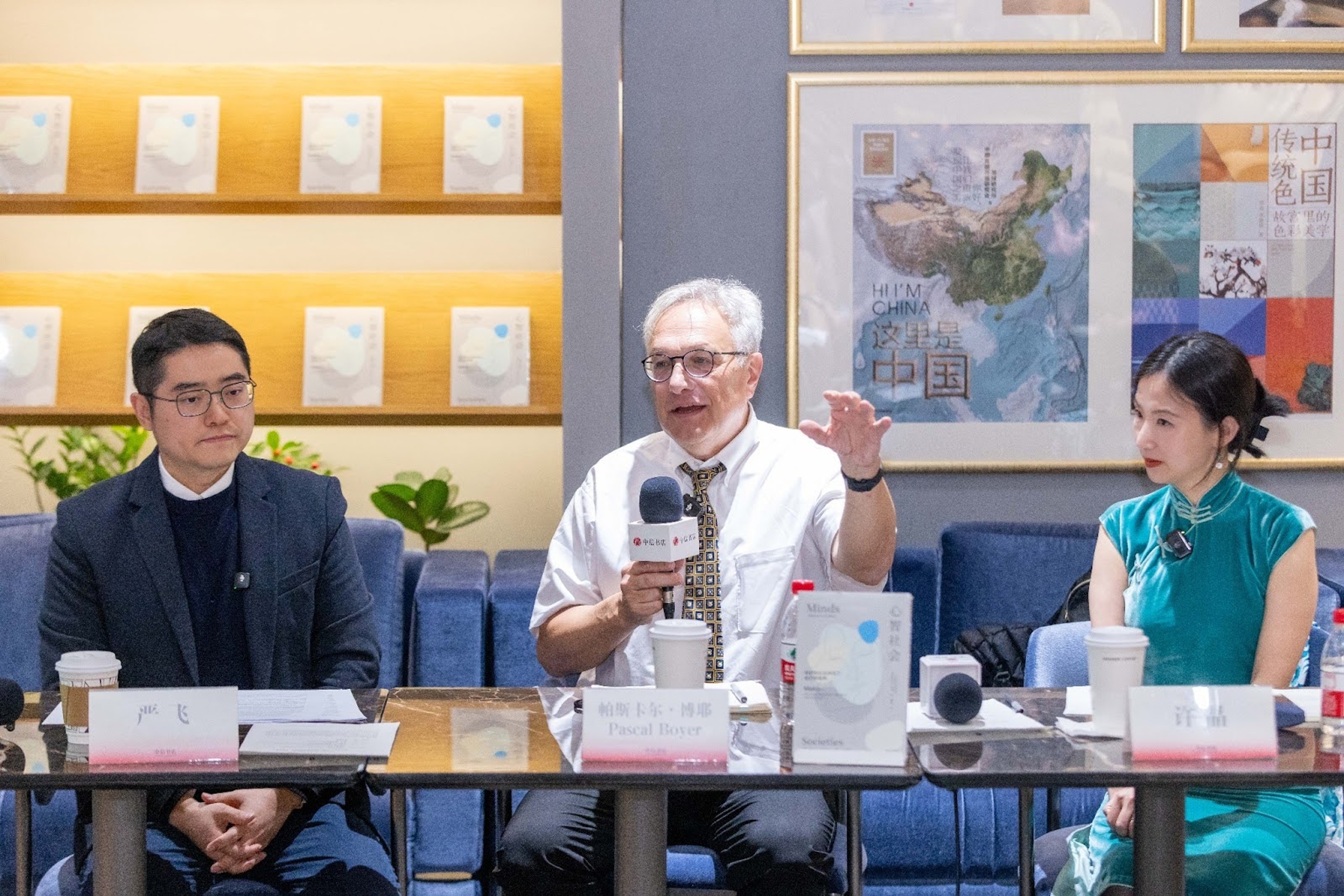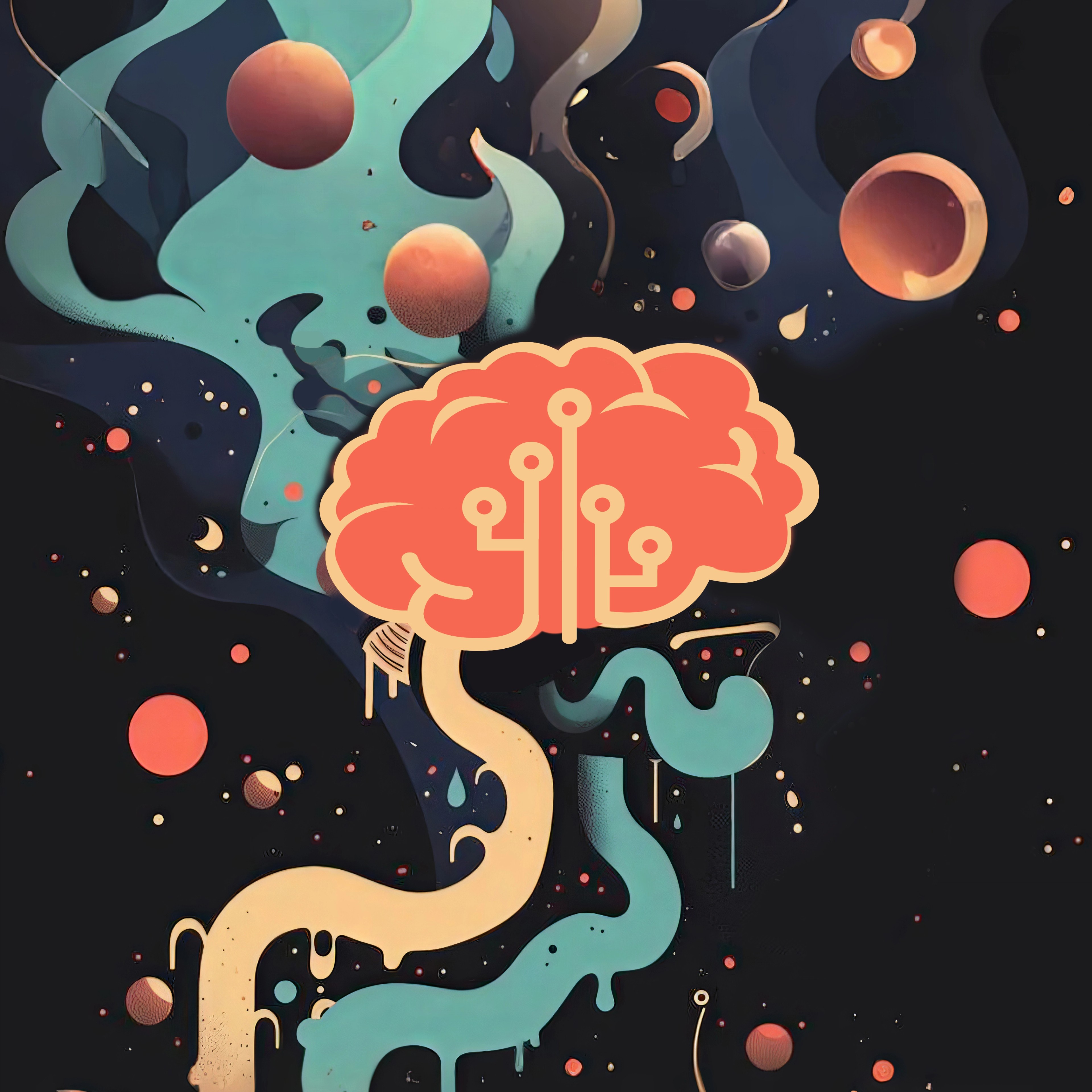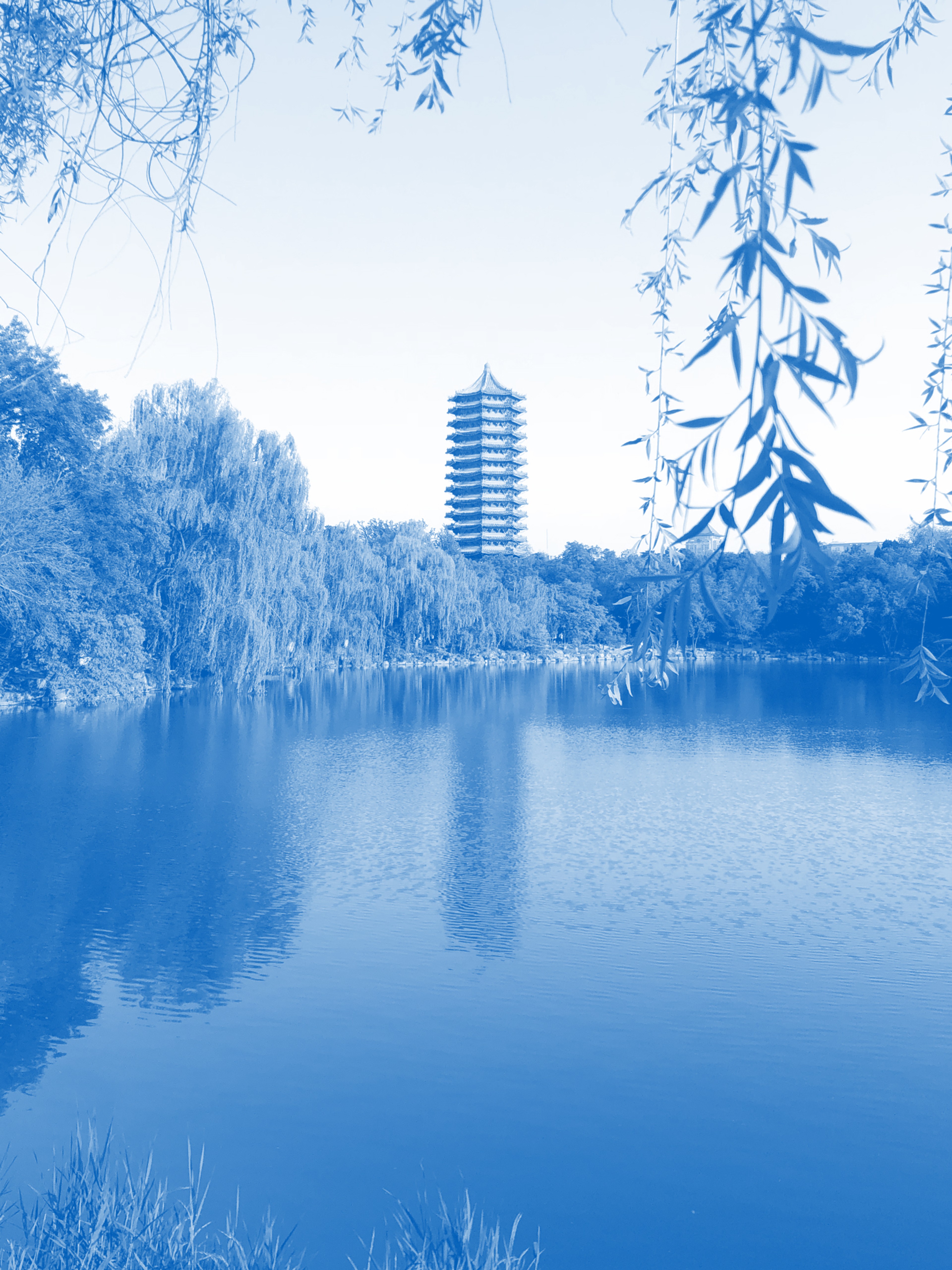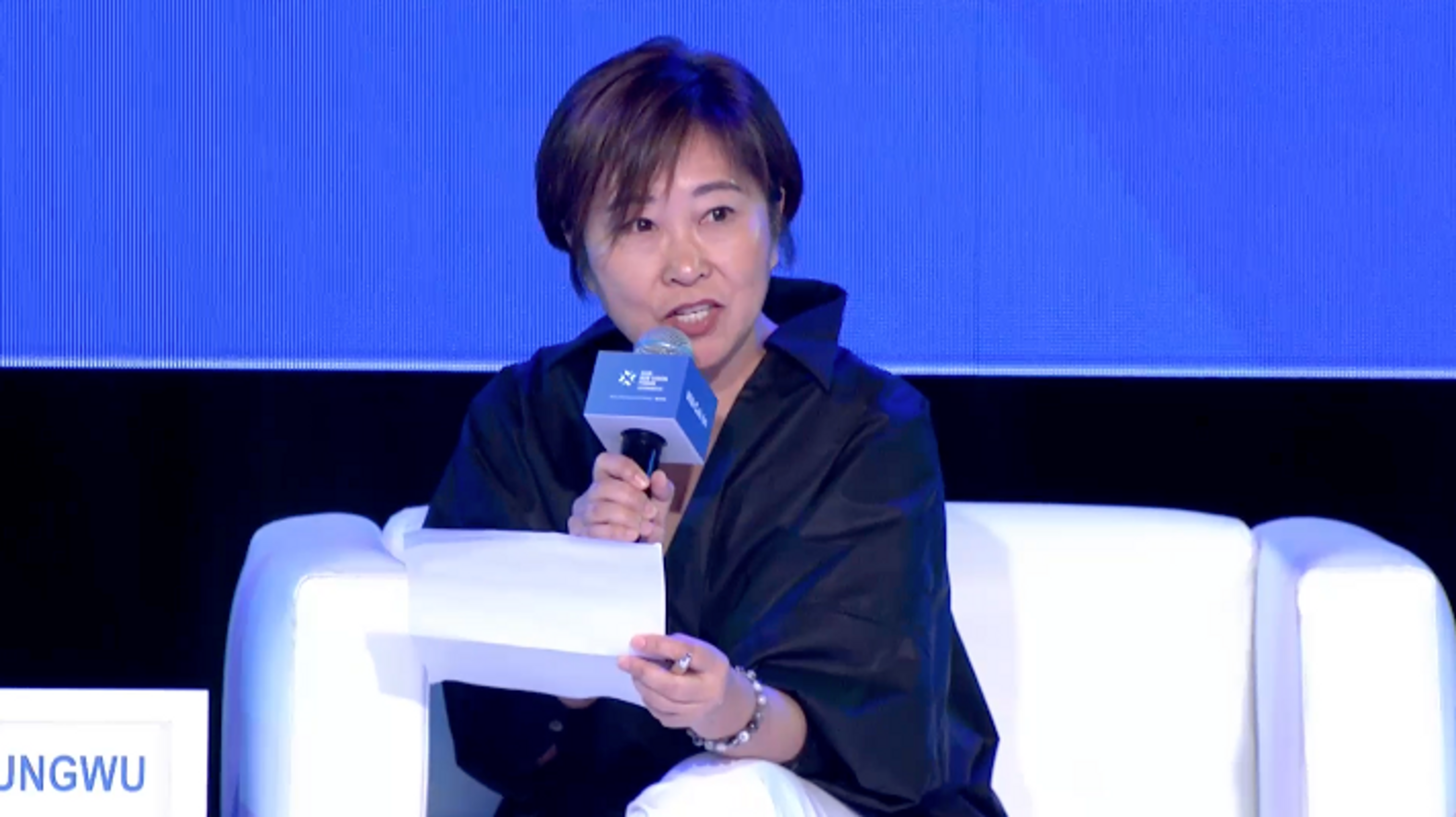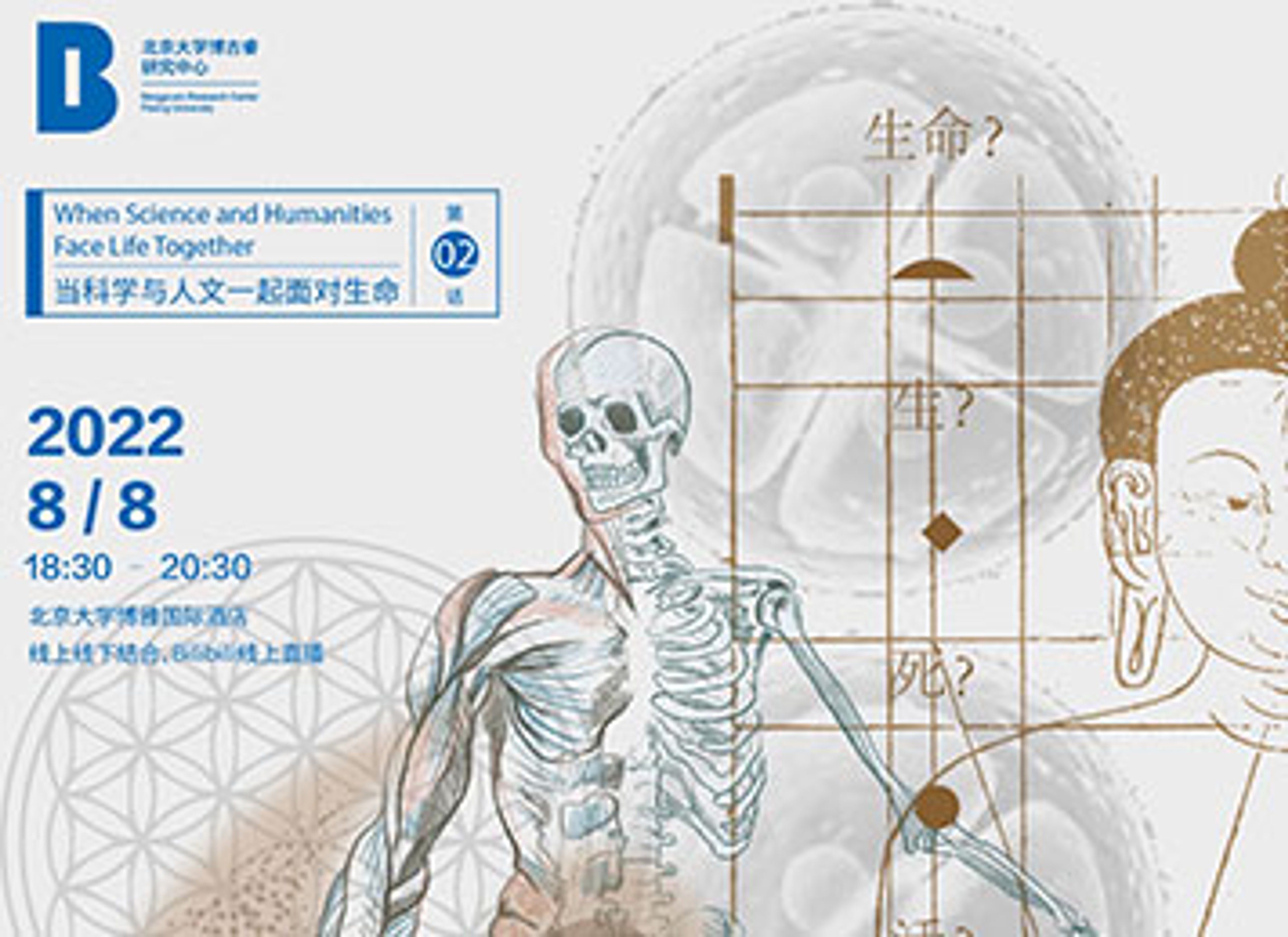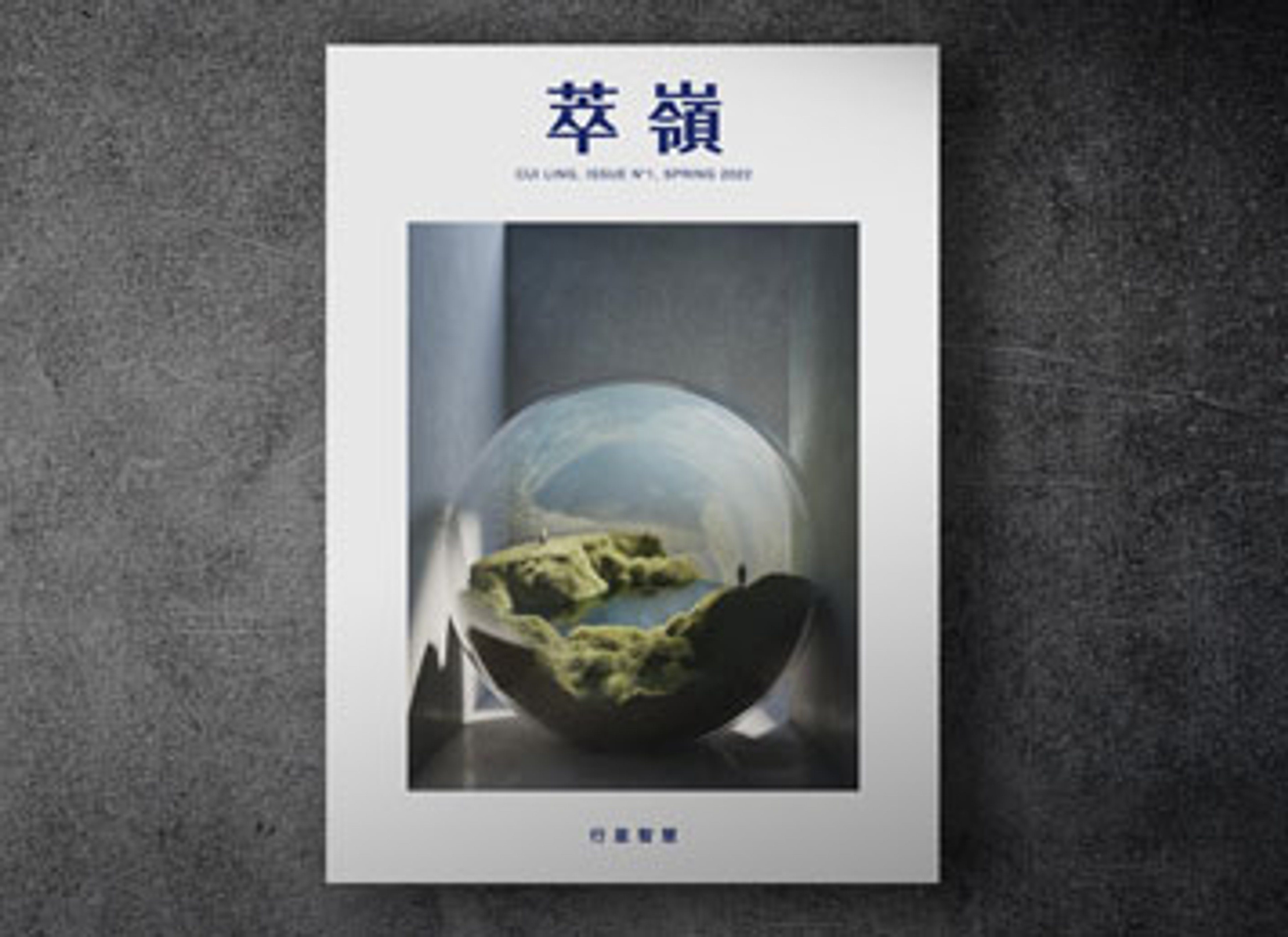Tianxia III Conference Report
The rare confluence of the pandemic, economic, geopolitical, and technological forces now confronting our world is giving birth to a deluge of pessimistic narratives. Pierre-Olivier Gourinchas, the IMF’s chief economist, warns of a world fragmenting into “distinct economic blocs with different ideologies, political systems, technology standards, cross-border payment and trade systems, and reserve currencies.” Also reflecting this gloomy mood, Senior Minister of Singapore Tharman Shanmugaratnam describes our current predicament as “a confluence of lasting insecurities – geopolitical, economic, and existential – each reinforcing each other.” According to him, we have entered a “perfect long storm.”
However, there is still hope. As historian Patricia Calvin reminds us, turbulence can also “foster creative, pluralistic, and dynamic advocacy that leads to new modes of cooperation, often in history’s darkest hours.” Yet, hope alone will not bring a better future. Shaping narratives within our political discourse is crucial because narratives wield an outsized influence over public opinion in our hyper-connected world. Within academia, Robert Shiller’s work on “narrative economics” suggests that “narratives might well be thought of as important, largely exogenous shocks to the aggregate economy.” Storytelling offers traditional academic disciplines a powerful tool and a refreshing perspective on our ever-changing world. Against the bleak backdrop of a fragmenting world, today’s academia has a moral duty to imagine, craft, and advocate for a narrative that will give rise to a more peaceful and harmonious world.
What is this narrative, and how should we tell it? The “Tianxia” Conference Series convened by the Berggruen Research Center at Peking University was established to imagine just such alternative narratives. Today, the Westphalian modern state system of equal, sovereign nations is the prevailing understanding of international relations. According to contemporary philosopher Zhao Tingyang, since the Westphalian model begins with the nation state, it is not a true “world order.” Instead, it is a global system of competing nation-states that, with each nation seeking its own interests, draws the world toward an international anarchy. Some nations dominate others, where this domination is enabled and exacerbated by the perspectives such a model generates, namely nationalism, hegemony, and racism.
This zero-sum game of winners and losers at an international level has proven to be woefully inadequate for addressing the pressing issues of our times, where the pandemic is only the first among the many compounding crises we face: global warming, environmental degradation, income inequities, food and water shortages, massive species extinction, proxy wars, global hunger, and so on. The issues defining this human predicament are themselves organically interrelated, and unless they are addressed in a wholesale manner, there can be no effective resolution. Traversing any and all national, ethnic, and religious boundaries, this perfect storm can only be engaged and weathered effectively by a global village working collaboratively for the well-being of the world community as a whole.
By contrast with the Westphalian model, Zhao argues that a starting point for thinking about the world in classical Chinese texts and in their historical commentaries is tianxia, a term he sees as signifying the entire world and thus allowing for a vantage point for “viewing the world as a world.” Zhao believes that by conceptualizing international relations from a planetary perspective, instead of “internationality” we can develop a sense of “worldness” that might lead to a less divisive world order. The two most important lines of critique with respect to Zhao Tingyang’s tianxia theory that have emerged in two previous conferences are 1) his tianxia system is selfconsciously a purely rational endeavor—a complete and perfect theory—that lacks a vision for its practical implementation in the real world, and 2) as a political economy it conspicuously and again self-consciously avoids any engagement with non-utilitarian ethics.
With this critique in mind, the third conference of the Berggruen China Center’s tianxia program set as its primary objective the search for possible practical strategies and ethical insights that can build upon Zhao’s theoretical work on tianxia as a planetary sense of “worldness.” The fundamental premise here is that in order for the tianxia system to remain relevant and significant in our vision for a global future, it must at once acknowledge the plurality of moral ideals defining the world’s cultures while at the same time seek for practical ways to formulate a shared morality that can provide the solidarity needed to bring the world’s people together. In this spirit, distinguished political philosopher Michael Walzer in his Thick and Thin: Moral Argument at Home and Abroad wants “to endorse the politics of difference and, at the same time, to describe and defend a certain sort of universalism.” It is Walzer’s work that has been the inspiration for this Tianxia III conference.
